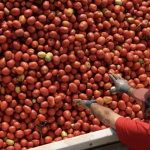Hawke's Bay Future Farming Trust’s Flagship Event Sets the Stage for Future Success
Added one year ago
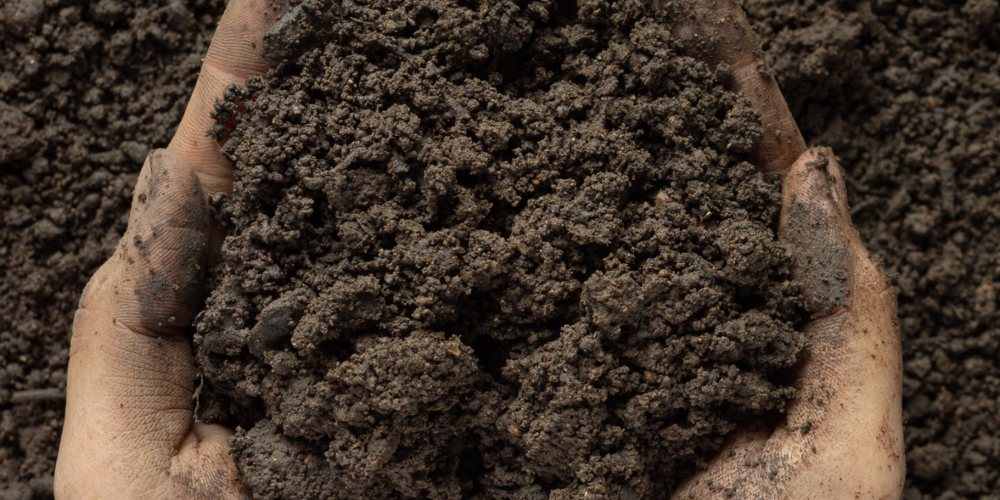
Attendees of the HBFFTs Healthy Soils, Healthy Profits conference were treated to a day of lively discussions with networking and refreshments afterwards.
This is the second year that the Hawke’s Bay Future Farming Trust has held the Healthy Soils… Healthy Profits Conference was held, with the aim of informing farmers about new ideas in soil and water management and challenging convention.
With around 110+ farmers in attendance, and some visitors on Zoom, including the Minister for Agriculture Todd McClay, whose flight was unexpectedly cancelled, it was a lively affair, bringing together farmers, agronomists and subject matter experts for wide-ranging discussion.
The focus was on increasing awareness of how improving land management practices, especially in soil health and soil carbon, can not only boost sustainability but also enhance profitability and strengthen the resilience of the broader rural community.
The Trust hopes to grow more awareness in the wider farming community, especially through catchment groups.
Catchment specialist Alison Dewes, spoke about the importance of healthy soil in water catchments. Her presentation began with drone footage of a Bay of Plenty water catchment that captured everything from native vegetation through to exotic plantations, pastoral farms and intensive horticulture and dairying. This illustrated beautifully how different land uses coexist in one catchment and affect soil health and waterways.
One of the things the Trust is trying to do is to give farmers a heads up that they are an important part of the whole catchment. If you can enhance your soil, you will grow more grass or crops and retain more moisture and nutrients as well. Those points are important and resonated with a lot of farmers in attendance.
Mark Harris of Beef+Lamb MC’ed the event and did a fantastic job while also bringing his knowledge of practical farming.
Dr Debbie Care of Verdi gave a presentation about the importance of understanding soil health and soil carbon. Verdi’s agricultural consultants have tested well over 100 farms for soil carbon and Debbie was able to present some fantastic graphics showing the soil carbon on each individual farms, using manual core sampling tested in labs. Technology developments will eventually lead to more economic ways of testing soil carbon at depth. Soil sequestered at depth helps provide resilience to droughts and floods. It’s heartening to see that conventional farmers are starting to understand this.
Alex Dickson of LandWISE covered the carbon positive project, a collaboration with HBFFT, Heinz Watties and McCains to improve intensive cropping soil health. The presentation focussed on the 12 plot systems being studied.
Micheal Bassett-Foss of HBRC talked about Land for Life, which is all about encouraging the right tree in the right place. The Trust believes soil health is an important part of this conversation, influencing erosion and river systems. Central government funding could make a difference here.
Minister of Agriculture Todd McClay spoke on Zoom from Wellington and answered questions from the audience. His presentation focussed on building productivity and export revenue, as well as the emissions trading scheme and of course the current reforms to the Resource Management Act.
He talked about what our trading partners are wanting, and provided good insight into the work the government is doing in that space, an area of increased focus. Todd confirmed our markets are looking for good quality and value in our products while still providing animal welfare and all those things that provide a social licence to farm.
Positively, the Minister was open to consider other sorts of carbon offsets, if they can be scientifically verified. Soil carbon could be a viable from of offset, according to the Minister, however, needed to be backed by science.
The final presentation was from Rabobank’s Todd Charteris, who gave a rural banking perspective on agriculture in the international environment. He spoke about events in Europe and particularly the Netherlands, where relationships between farmers and the government have become tense. The good news was that the farming economy was turning a corner and that interest rates had likely peaked, and should track down over the next year or so.
An indicator of success was that people stayed after the event to network and enjoy refreshments. The conference is a catalyst to get people together and the real gold is in the conversations that take place both during and after the event.
We hope to do it all again next year, and use this flagship event to build more profile around the work of the Trust. We extend a big thank you to all our speakers, attendees and sponsors.
Join the conversation
Be the first to leave a comment.
Leave a comment
All comments are reviewed before they are published on the website. Your email address will not be published.
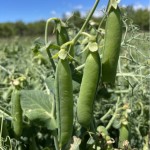
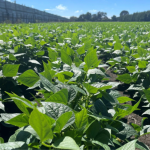
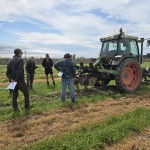
Community Engagement and Knowledge Sharing Strengthen the Carbon Positive Project
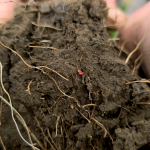
Are We Changing Soil Carbon Yet? Three Years In, the Jury’s Still Out
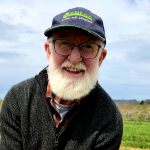
Farewell to Trustee Phil Schofield – A Foundational Leader of the HBFFCT
